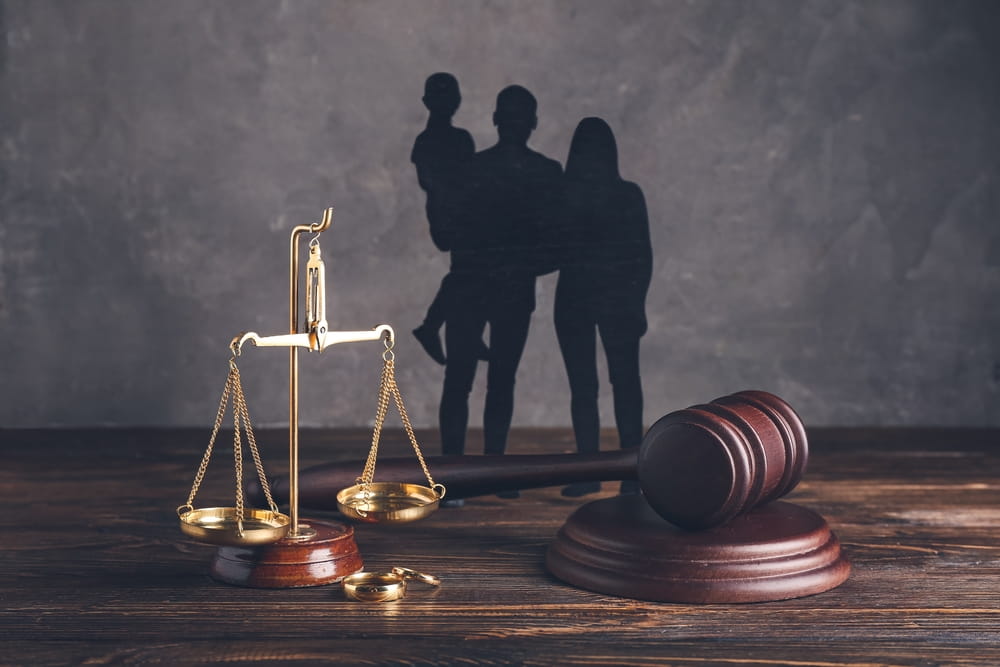Understand your rights and responsibilities
You have several legal rights and responsibilities as a tenant. Understanding these not only gives you added protection during your tenancy but should also help to ensure a good relationship with your agent and/or landlord.
The right to a safe environment
The property you choose to rent must be safe, healthy and in a good state of repair. If it’s not, you can take your landlord to court. You must be provided with an Energy Performance Certificate for the property (which from April 2020 should be at least an E rating), a Gas Safety Certificate and a report that shows the condition of the electrical installations within the property. Safety equipment, such as smoke alarms and carbon monoxide, alarms must be fitted.
Protection from unfair practices and charges
You also have the right to be protected from unfair eviction and unfair rent, as well as excessively high charges. You should be able to live in the property undisturbed – with landlords required to ask permission to enter and to provide at least 24 hours notice of a proposed visit. If you don’t know who your landlord is, you can ask, and this information should be provided within 21 days. If you are disabled or have a long-term health condition, you can also request reasonable adjustments to the property; however, you may be charged for the changes.
Fair leases agreements
At the start of a new assured or short assured tenancy, if you live in England, you should be provided with a copy of the How to rent guide. This Government-produced document provides a wealth of information and a more detailed checklist of rights and responsibilities. Currently, your lease agreement is most likely to be for a fixed term of six or 12 months, although you can negotiate otherwise. However, the proposed Renters (Reform) Bill 2023 will change this.
The lease or tenancy agreement should be read carefully before you sign it since this will include your rights and responsibilities in more detail. If you want to compare, then the government’s model tenancy agreement will show you the kinds of things it should include.
Protected security deposits
Your landlord will ask for a deposit, the maximum of which should be five weeks’ rent for properties where the total rent is below £50,000. Subject to the rent being fully paid and the property being left in good condition, this will be returned to you. It should also be placed in a government-approved deposit protection scheme within 30 days, the details of which should be shared with you.
Tenant obligations
Naturally, you have responsibilities. These include paying the rent on time, with a default fee incurred if it’s more than 14 days late, as well as paying bills. Your responsibilities also include general care of the property and consideration for the neighbours since any anti-social behaviour could be a reason to evict you.
Maintenance responsibilities
Having clarity on your maintenance responsibilities is vital. These should be clearly outlined in your lease agreement, and although the landlord will generally have responsibility for most things, this can vary, such as responsibilities for repairs or decorating. Permission should be sought before doing either.
Small maintenance issues, such as changing bulbs, cleaning and so on are your responsibility, as are the maintenance and repair of any appliances and installations which you have brought into the property.
Eviction procedure
As mentioned earlier, understanding your rights and responsibilities is one of the best ways of ensuring a good relationship with your landlord. But what if you still end up facing eviction? Under current legislation, you can be evicted via a section 21 notice, which is effectively a no-fault eviction. However, the proposed changes via the Renters Reform Bill will remove this landlord right.
Landlords must give notice, which will vary according to the type of tenancy, and they must have provided you with the documents outlined above – such as the gas safety certificate and the ‘How to rent guide’ for their right to evict to be valid. Rent arrears, anti-social or illegal behaviour, as well as damage to the property, are all reasons that your landlord might have the right to evict you during a fixed term tenancy.
Enjoying our content?
Get the latest letting news, views and tips from HomeLet straight to your inbox.

